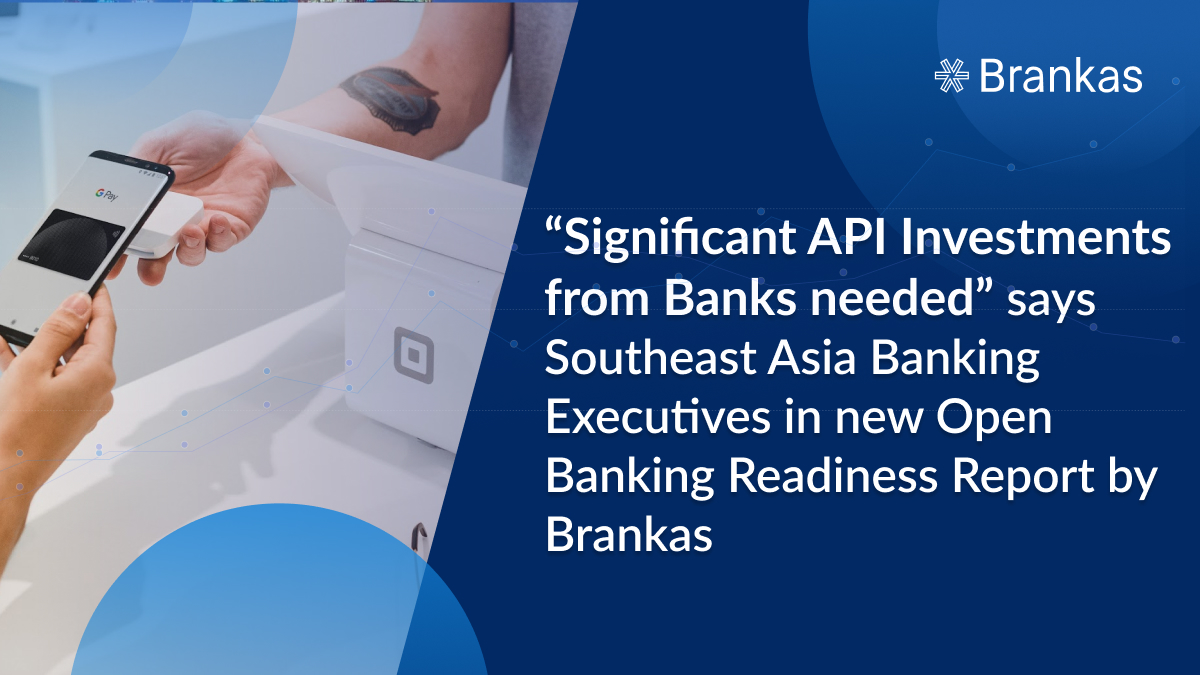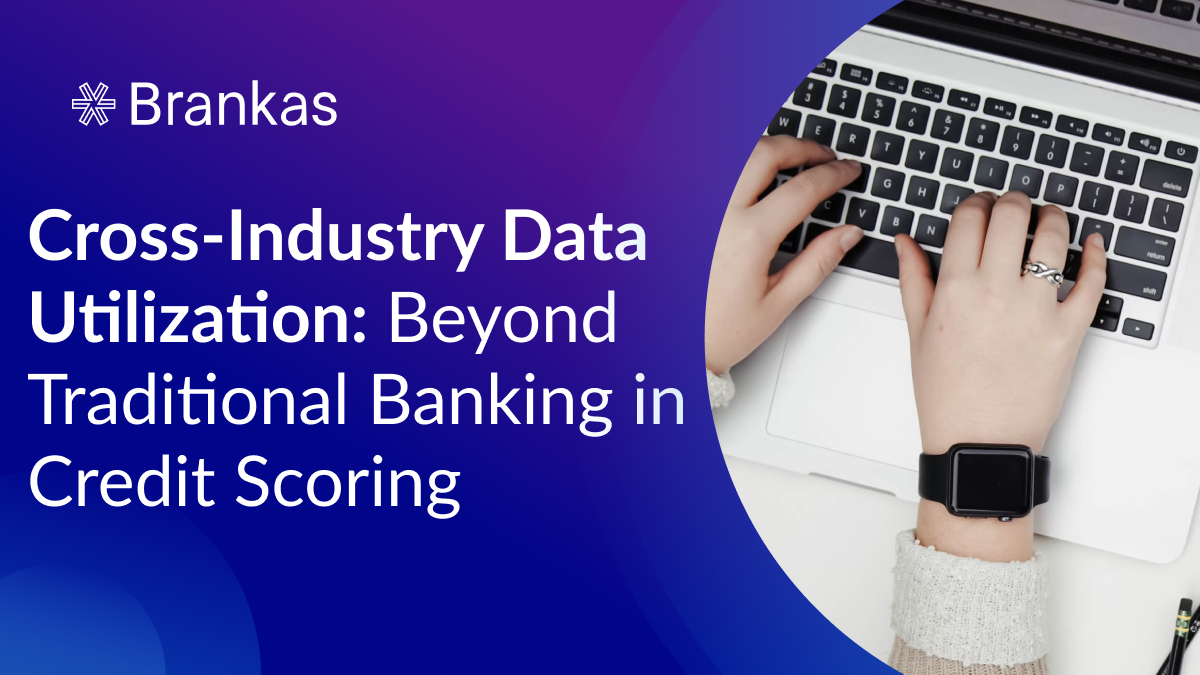
Open banking initiatives are sprouting globally, as more banks recognize the commercial and product innovation opportunity. Banks are thinking differently.

Brankas today released a new report analyzing the state of open banking readiness in Southeast Asia, focusing on Thailand, the Philippines, and Indonesia. The report, based on interviews with senior banking and financial services executives in the region, provides a detailed assessment of the open banking progress made in each country, how customer needs are understood and addressed, and which regulator approaches have worked to incentivize open banking adoption — from the banks’ perspective.
Across all three jurisdictions, it was agreed that the adoption of open banking will require significant investments from traditional banks both in API development and other supporting infrastructure. Southeast Asian banks are still early in the transition today.
API Standardization: Thailand is currently undergoing a transition to standardized APIs, a crucial step for open banking adoption.
Regulatory Timeline: The Bank of Thailand is expected to set specific timelines for open banking implementation in the near future.
Innovation: Flexibility and creativity were mentioned as the most important factors behind successful adoption of new digital and open banking use cases.
Partnerships Are Calling: Philippine banks are primarily focused on developing their own service applications, although there is a growing appetite for partnerships.
Regulatory Approach: Regulations are taking a “nudge” rather than a “mandate” approach, allowing banks to fulfill open banking requirements without fully embracing the spirit of openness.
API Landscape: The use of standardized approaches has led to a more uniform API landscape in the Philippines in recent years.
Clear Regulatory Framework: Indonesia’s Open API framework outlines a clear timeline for open banking adoption by 2025.
Serving the Underbanked: With digital service demand concentrated almost exclusively in Jakarta and Java, there is still a lot that can be done to serve the underbanked population.
Consumer Adoption: Indonesian consumers have readily embraced digital payment services, and insurance may be the next area for open banking growth.
The emergence of new business models was mentioned as a driving force as different banks look at markets differently to drive their own strategies and meet the demands of their customer bases. Many banks have begun to engage markets in new ways, particularly through bilateral partnerships with innovative players to expand their service offerings. However, there is a continued emphasis for banks to control customer data to maintain competitive advantage.
To download a copy of the report, please visit the download page here. Watch a summary from August 2024 of another financial services executive video interview series by Brankas at Techsauce Global Summit 2024 in Bangkok.
Brankas is a leading global open finance technology provider. We provide API-based solutions, data and payments solutions for financial service providers (like banks, lenders and e-wallets) and online businesses. Brankas partners with banks to build and manage their open finance compliance solution, producing APIs for real-time payments, identity and data, new account opening, remittances, and more. With Brankas' secure open banking technology, online businesses, fintech companies and digital banks can use Brankas APIs to create new digital experiences for their users.

Open banking initiatives are sprouting globally, as more banks recognize the commercial and product innovation opportunity. Banks are thinking differently.

The financial world is rapidly shifting because of digitalization, and traditional credit scoring methods are being challenged and reinterpreted. Historically, banks have relied heavily on conventional data sources such as credit history, loan repayments, and income levels to assess an individual’s creditworthiness.